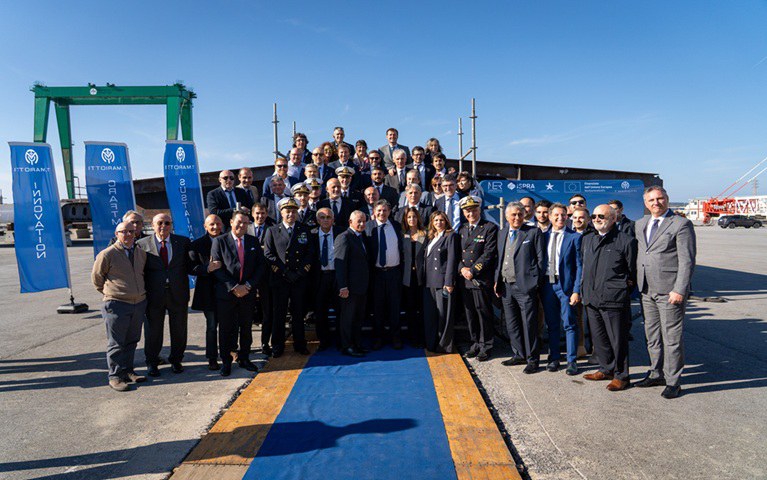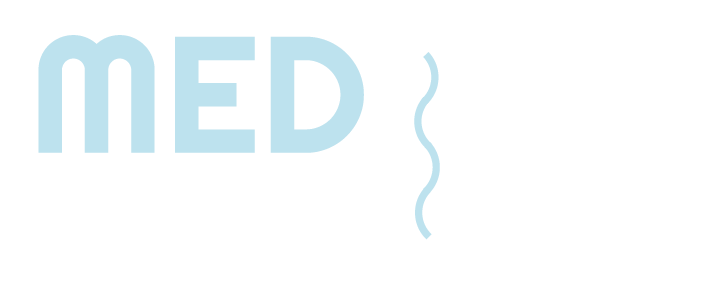The Mediterranean’s challenges, according to Ms. Tatjana Hema
The Mediterranean is a unique but fragile region, facing increasingly complex challenges: biodiversity loss, pollution, coastal degradation, and climate change. It is truly a climate hotspot, where the urgency for accelerated action is evident. During COP24, held in Egypt from December 2nd to 5th, Ms. Tatjana Hema, UNEP/MAP Coordinator, was interviewed about the importance of regional cooperation and the central role of the Barcelona Convention, which transforms local actions into global impacts.
Mediterranean and Its Coasts Take Center Stage at COP24 in Cairo
Cairo – The Mediterranean was at the heart of discussions at COP24, held in Cairo from 2 to 5 December under the theme “Blue Growth in the Mediterranean: Towards a Resilient and Sustainable Future.” The conference also marked important anniversaries: the 50th anniversary of the United Nations Environment Programme – Mediterranean Action Plan (UNEP/MAP) and the 30th anniversary of the post-Rio Barcelona Convention. Presided over by Dr. Ali Abo Sena, COP24 brought together around 600 participants, including representatives from the Contracting Parties, UN agencies, research institutes, the private sector, youth organizations, and civil society.
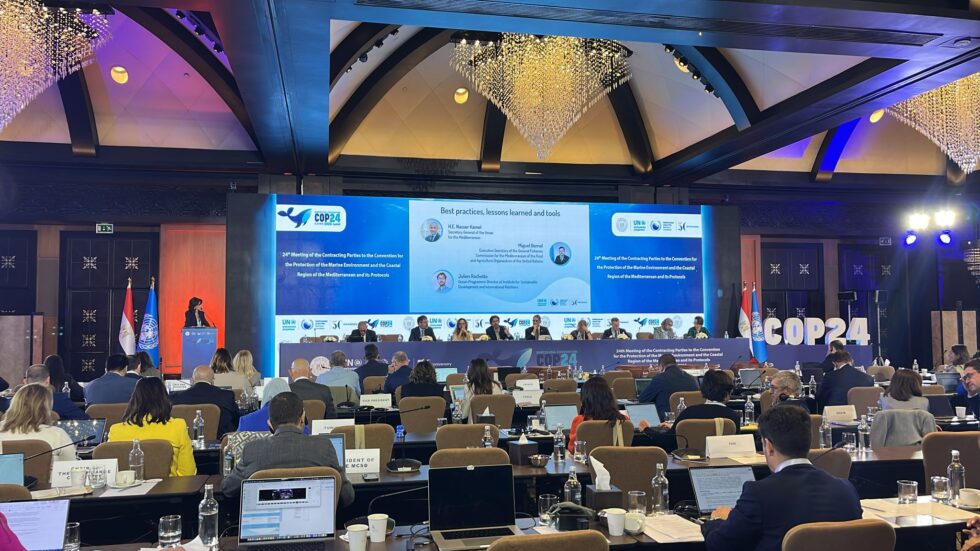
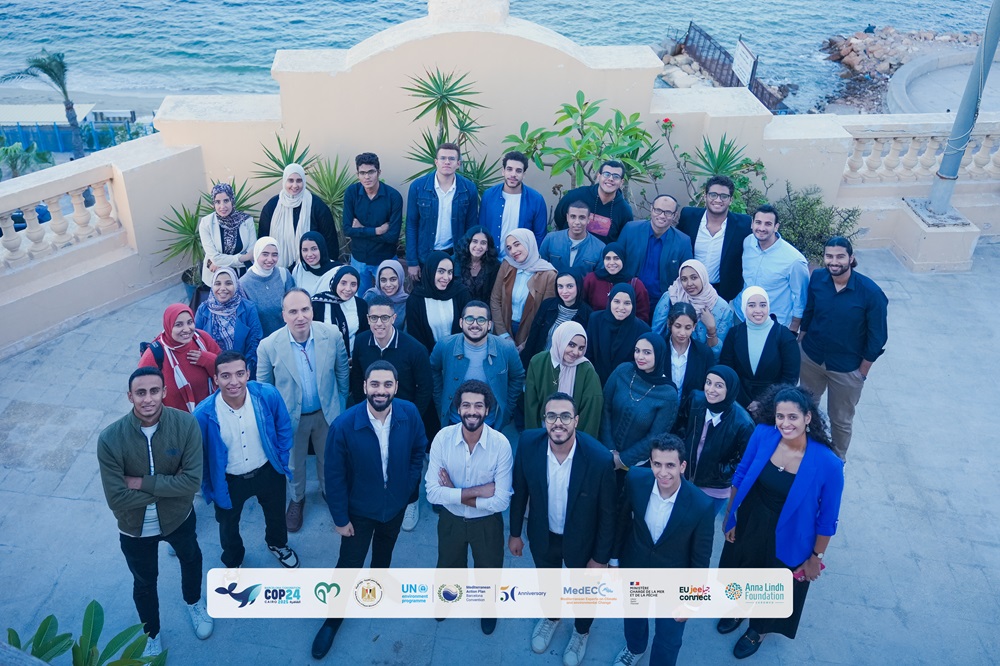
Young people at the forefront
of Mediterranean protection
The Barcelona Convention Youth Forum took place on 27 November 2025 in Alexandria, Egypt, as an event dedicated to engaging younger generations in the protection and sustainable development of the Mediterranean Sea. The initiative was held on the eve of the 24th Meeting of the Contracting Parties (COP24) to the Barcelona Convention, hosted by Egypt in December 2025, and represented a key moment for dialogue and capacity-building among young people from countries Party to the Convention.
UNEP/MAP at the Circular Gaia Symposium 2025
On October 2–3, 2025, the Circular Gaia Symposium was held in Athens, bringing together international stakeholders to promote dialogue on sustainability, climate resilience, and the circular economy. Organized by the Circular Economy and Climate Institute of the European Public Law Organization (EPLO), the event gathered high-level policymakers, experts, academics, and civil society representatives to discuss key issues including the energy transition, circular cities, innovation, sustainable tourism, cultural heritage, and the blue economy.
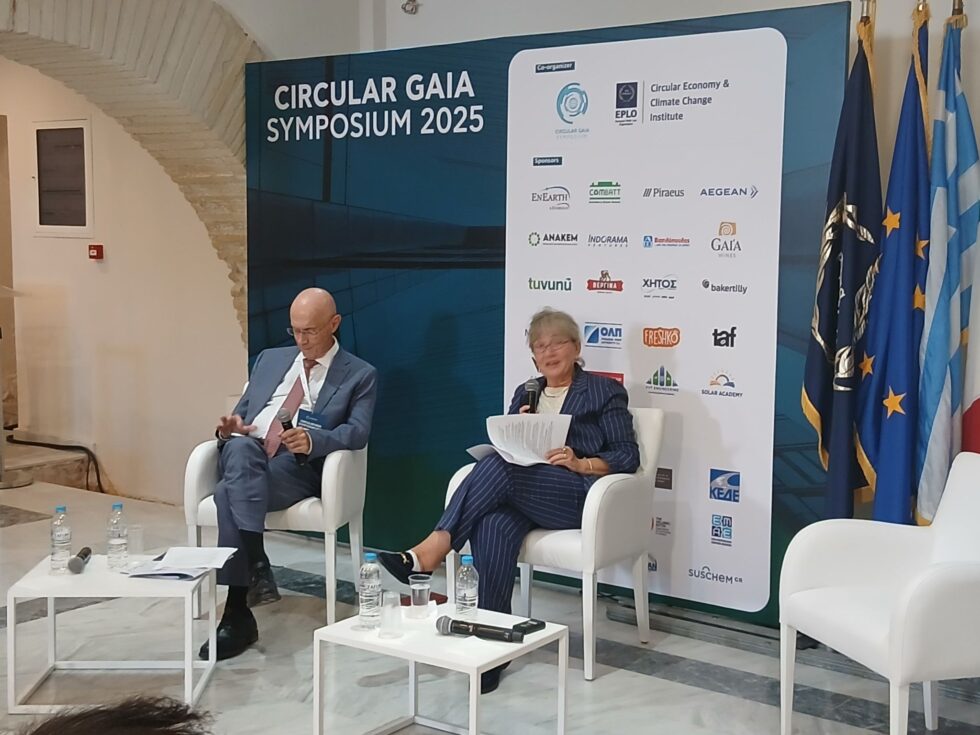
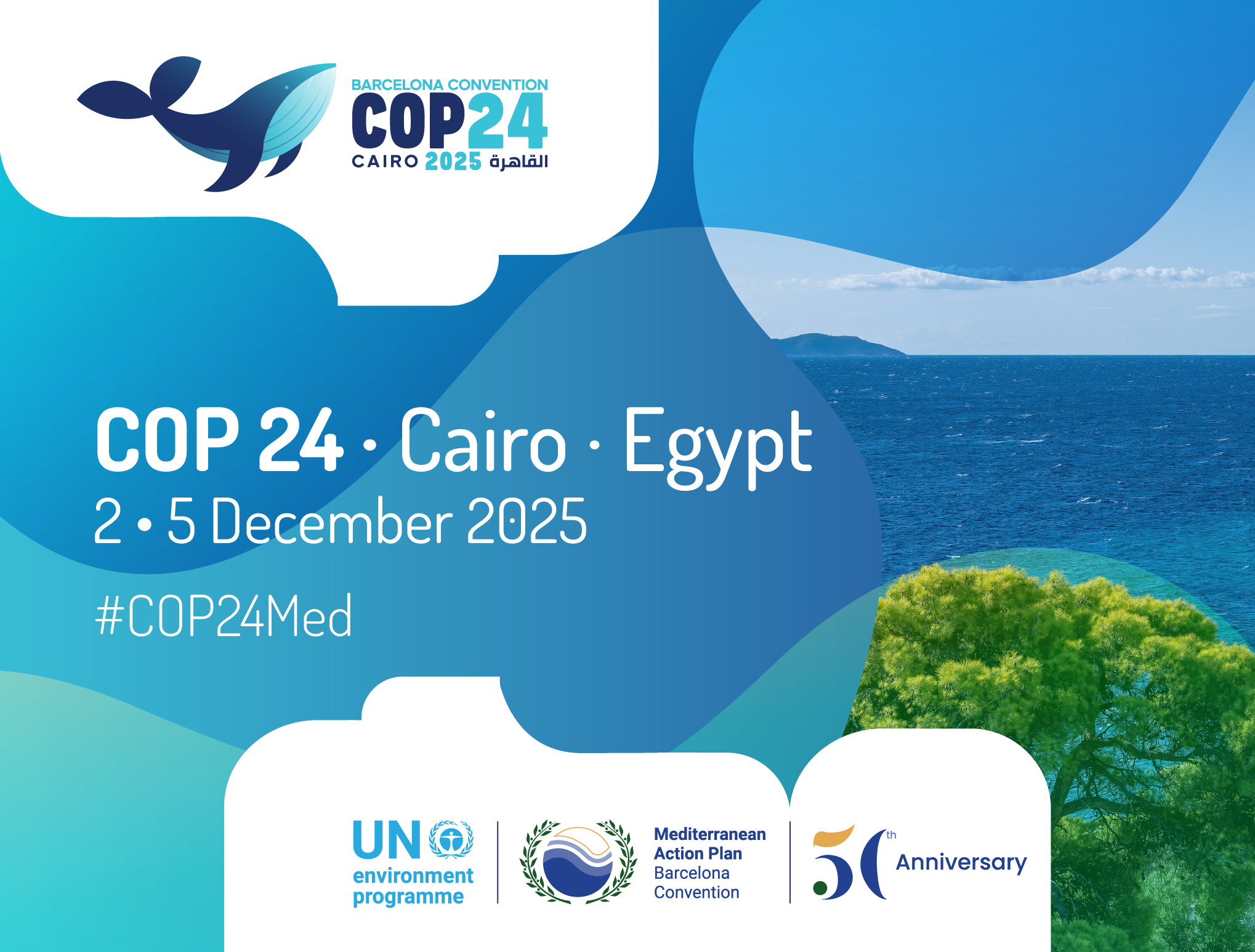
Egypt will host the 24th Conference of the Parties to the Barcelona Convention
Ministers, senior officials and environmental experts from Mediterranean countries will participate in the 24th Conference of the Parties to the Barcelona Convention (COP24), to be held from 2 to 5 December 2025 in Cairo. Egypt will assume the presidency of the Barcelona Convention for a two-year term. This event will bring together the 22 Contracting Parties to coordinate actions against pollution, biodiversity loss and climate change pressures, with the aim of protecting the marine environment, promoting sustainability and implementing collective measures for one of the world’s most fragile marine ecosystems.
INFO/RAC at MOP10 of the Pelagos Agreement
INFO/RAC took part in the 10th Meeting of the Parties to the Pelagos Agreement, held in Monte Carlo on 12 -13 November. The Pelagos Sanctuary is the only international marine area dedicated to the protection of marine mammals and their habitats in the Mediterranean Sea.
On this occasion, INFO/RAC presented the results of the collaboration launched under the Memorandum of Understanding signed in 2024. In particular, INFO/RAC highlighted the work carried out in developing and visualizing maps through the Knowledge Management Platform (KMaP) , a key tool for sharing and disseminating knowledge throughout the Mediterranean region.
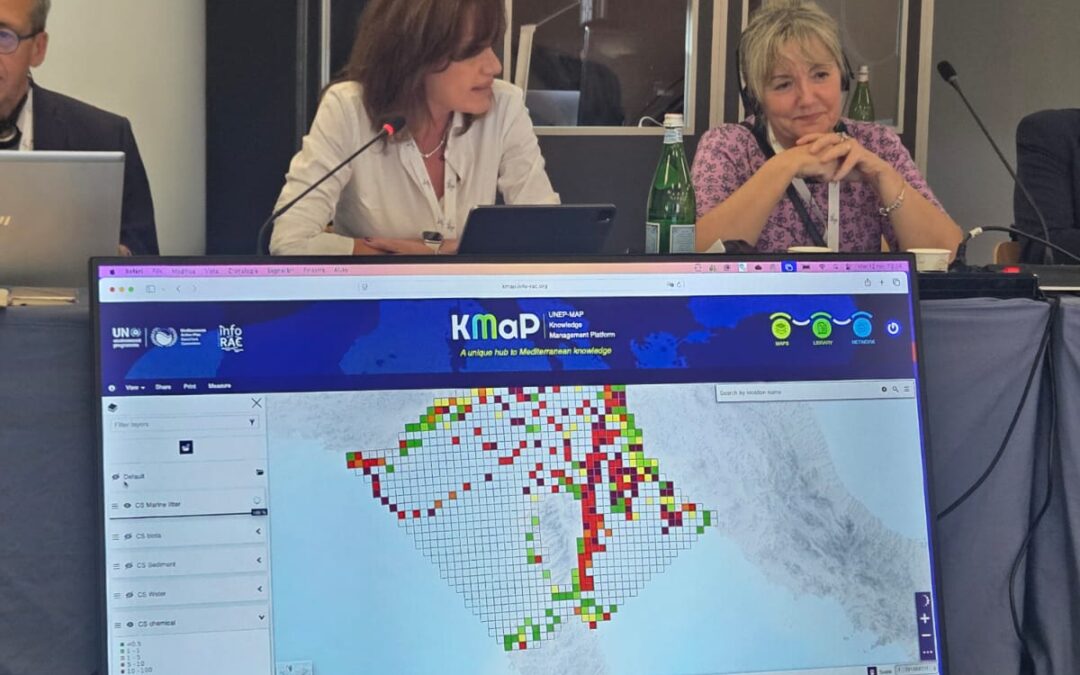
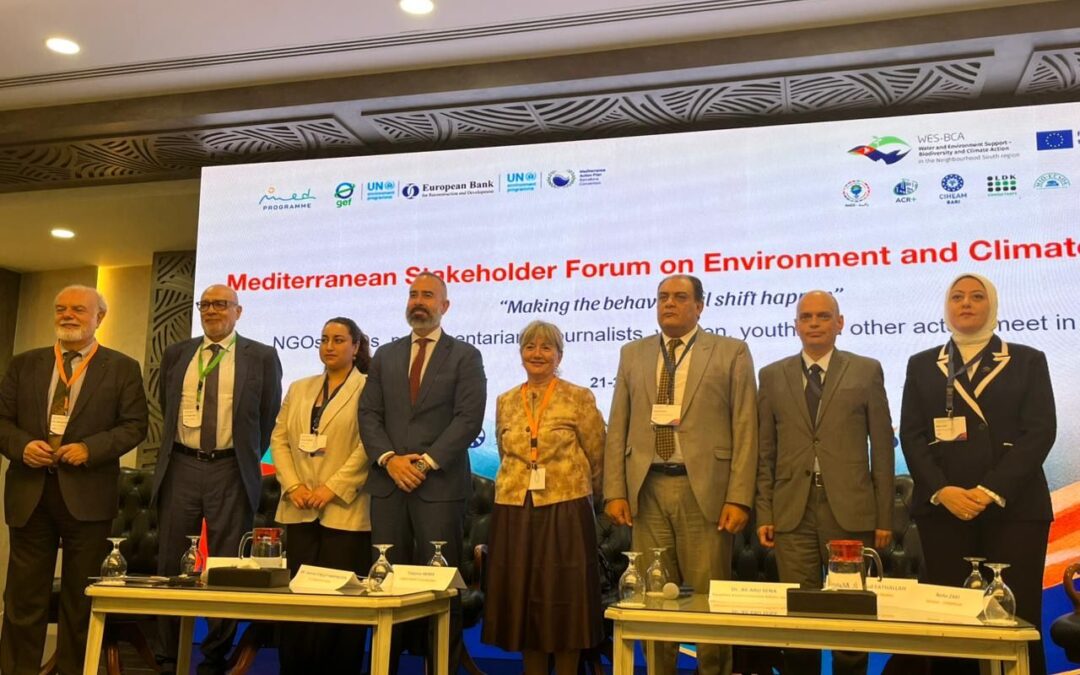
Real climate action begins with a behavioural change
“Making the Behavioral Shift Happen” is the title of the Mediterranean Stakeholder Forum on Environment and Climate Action, held from 21 to 23 October 2025 in Cairo, which brought together more than 100 non-governmental organizations and civil society organizations, parliamentarians, journalists, women and youth, researchers, and private sector associations from across the Mediterranean.
The main focus of the Forum was to transform awareness into deep understanding and everyday action, which, by bringing together different voices and areas of expertise, strengthened the understanding and capacities of the Mediterranean communities of practice, helping to overcome fragmented governance approaches and accelerating behavioral change in support of climate preparedness in the region.
New Report explores opportunities in seagrass restoration
The report “Investment Opportunities in Seagrass Restoration” has been released as part of the Interreg Euro-MED ARTEMIS project. Prepared by Ecoacsa and EY Denkstatt Bulgaria, with contributions from Plan Bleu, The Green Tank, and all ARTEMIS partners, the report highlights the potential of innovative financial instruments such as blue carbon credits, biodiversity credits, and payments for ecosystem services (PES).
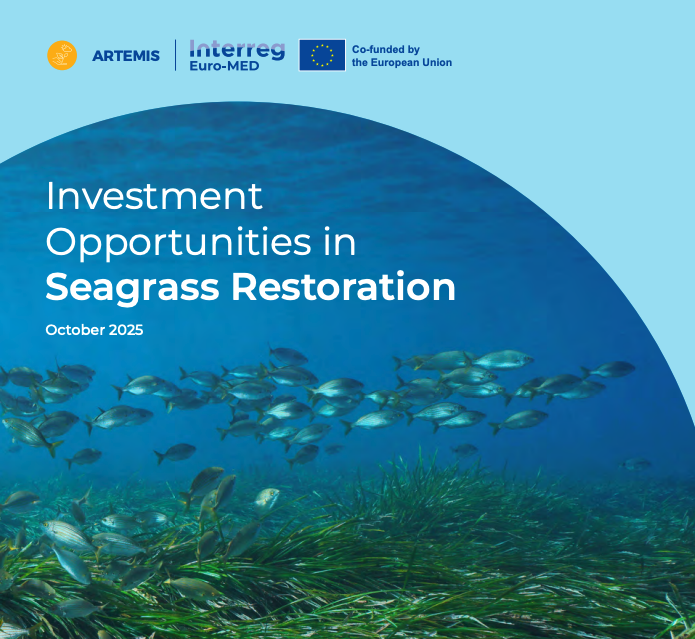
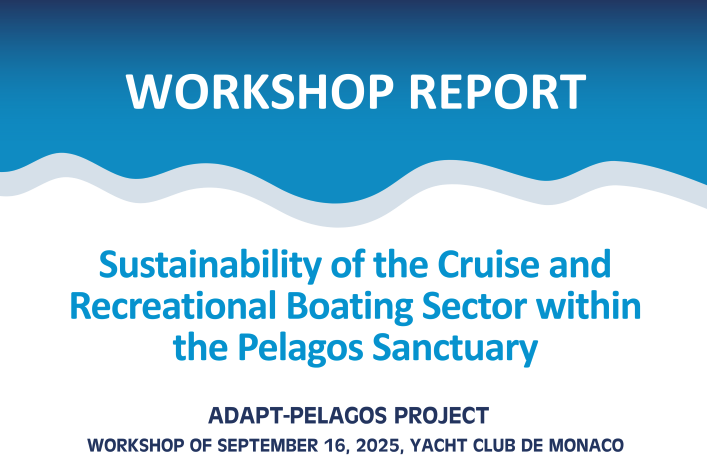
Report of the first workshop on the Adapt-Pelagos project
Plan Bleu has published the technical report of the first workshop of the Adapt-Pelagos project, funded by the Prince Albert II of Monaco Foundation and ADEME.
The workshop, held last September 16, brought together nearly 30 participants from the public, private, non-profit, and scientific sectors to exchange ideas and define a sustainability roadmap for the cruise and recreational boating sectors within the Pelagos Sanctuary, the marine protected area of international importance dedicated to the protection of marine mammals in the Mediterranean.
Plan Bleu presents the 2024 Activity Report
With the 2024 Activity Report, Plan Bleu reaffirms its key role in fostering Mediterranean cooperation on environmental protection and sustainable development.
The report provides a summary of Plan Bleu’s main activities and achievements in 2024. Among them is the launch of the 2024–2025 work programme, which incorporates new priorities such as the blue economy and sustainable tourism. This year also marks the completion of the MED 2050 foresight report, a major collective effort that outlines various scenarios for the future of the Mediterranean up to 2050.
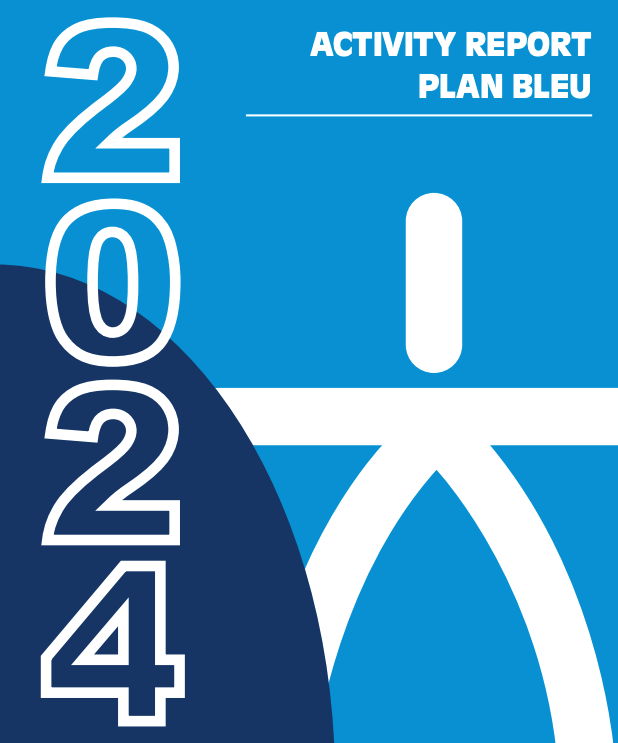
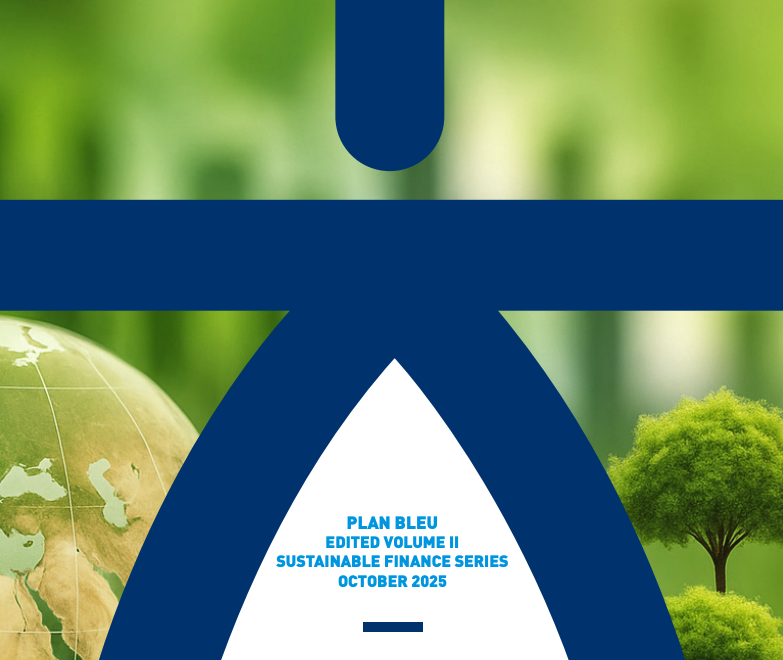
Green Finance in the Mediterranean: Plan Bleu’s New Report
As part of the ongoing revision of the Mediterranean Strategy for Sustainable Development (MSSD) for the 2026–2035 period, UNEP/MAP and Plan Bleu emphasize the importance of integrating economic instruments and green finance into the region’s future environmental and socio-economic policies.
Given the high level of heterogeneity among Mediterranean countries, a flexible and context-specific approach is required. To address this challenge, in 2024 Plan Bleu launched an editorial project with an open call for scientific contributions on the role of green finance.
Here are the winners of the Society4Med Award
BlueMissionMed has announced the winners of the second edition of “Society4Med”, the award organized within the framework of the EU Mission “Restore our Ocean and Waters by 2030”.
The initiative celebrates and promotes high-impact projects that actively engage citizens in actions aimed at protecting our oceans and waters. Among the participants were NGOs, private companies, research institutes, schools, associations, and foundations.
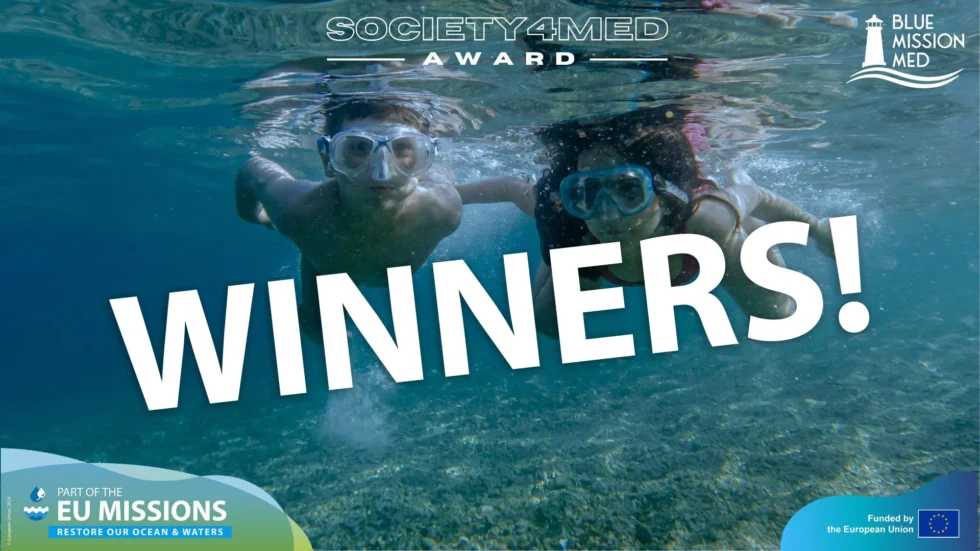
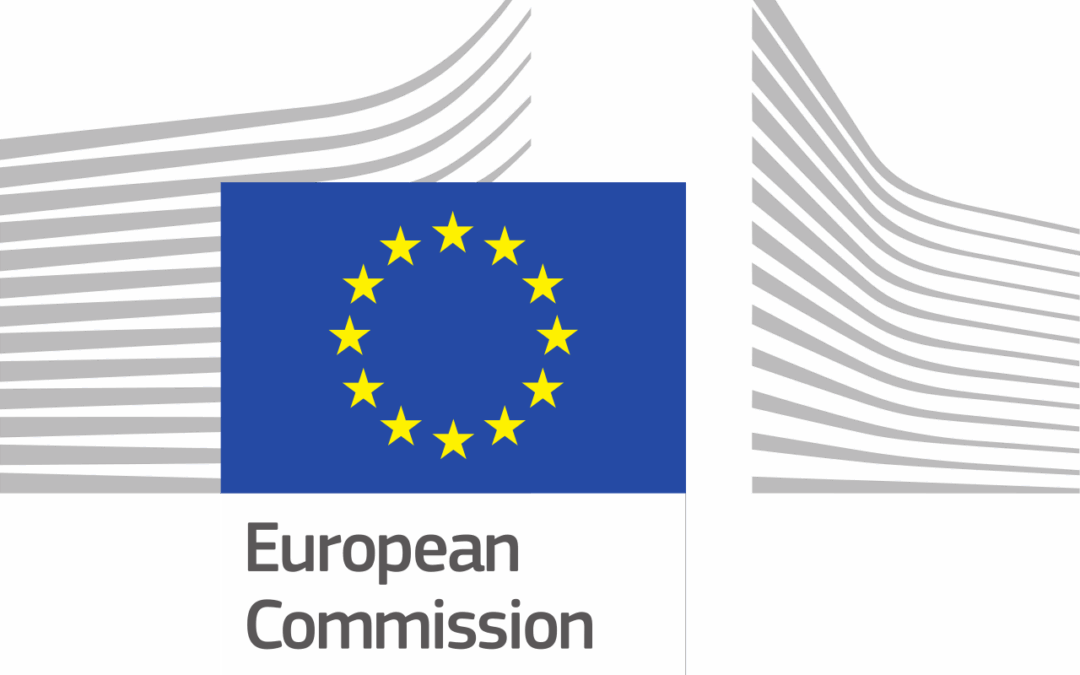
Natura 2000: Europe strengthens the protection of marine ecosystems
Published by the European Commission, the new guidelines aim to help EU Member States better protect marine Natura 2000 sites, while also supporting a sustainable future for fisheries in Europe.
Currently, there are over 3,000 Marine Natura 2000 sites, covering more than 9% of the total marine area of the EU Member States. These sites represent the main contribution to the EU’s goal of legally protecting at least 30% of EU marine area by 2030.
One Sea, One Pact, One Future
The Mediterranean Pact will strengthen cooperation and economic ties between the shores of the Mediterranean and beyond. It will also contribute to the creation of a common Mediterranean space that is connected, prosperous, resilient, and secure. The Pact adopts a practical approach, focused on concrete initiatives that will bring added value to people and economies across the Mediterranean. The goal is to create mutual benefits, from clean energy production to unlocking private investment. This objective will be achieved by mobilizing regional projects that generate opportunities for both people and businesses, with particular attention to youth, women, and small enterprises.
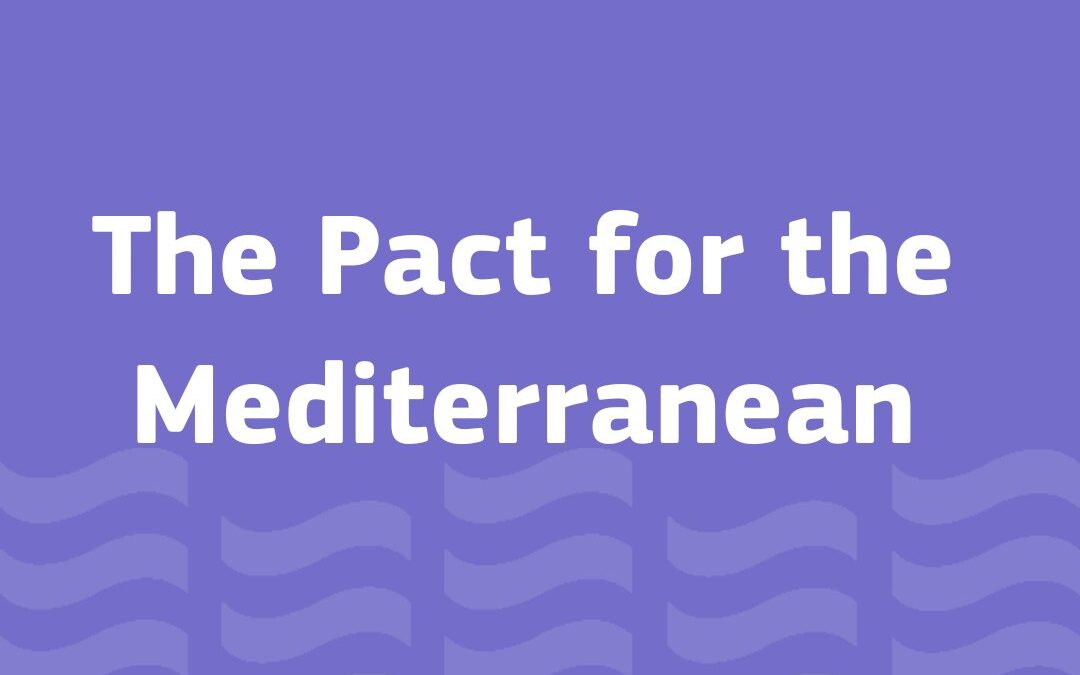
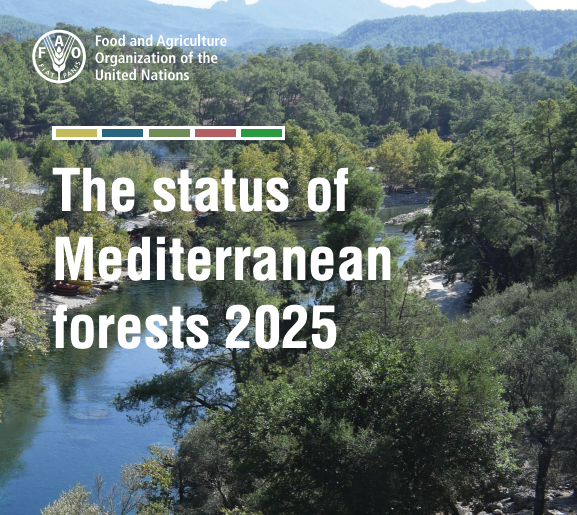
Mediterranean Forests: between transformations and ongoing challenges
The Mediterranean region is facing serious challenges related to climate change, population growth, and social inequalities.
The 2025 edition of the State of Mediterranean Forests (SoMF) provides a comprehensive assessment of the region’s forests, thanks in particular to updated data, regional cooperation, and the expertise of a wide range of Mediterranean stakeholders.
Gulf of Naples: a large reef discovered
At more than 500 meters below the sea surface, an ancient and extensive coral reef has been discovered at the center of the Dohrn Canyon in the Gulf of Naples, in Italy.
The discovery was made during the ongoing scientific expedition “Demetra” aboard the research vessel Gaia Blu of the National Research Council (CNR), coordinated by the Institute of Marine Sciences (CNR-ISMAR), with the involvement of scientific staff from the Anton Dohrn Zoological Station, the Polytechnic University of Marche, and the University of Naples Federico II.
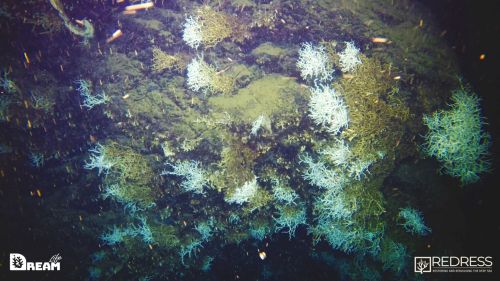
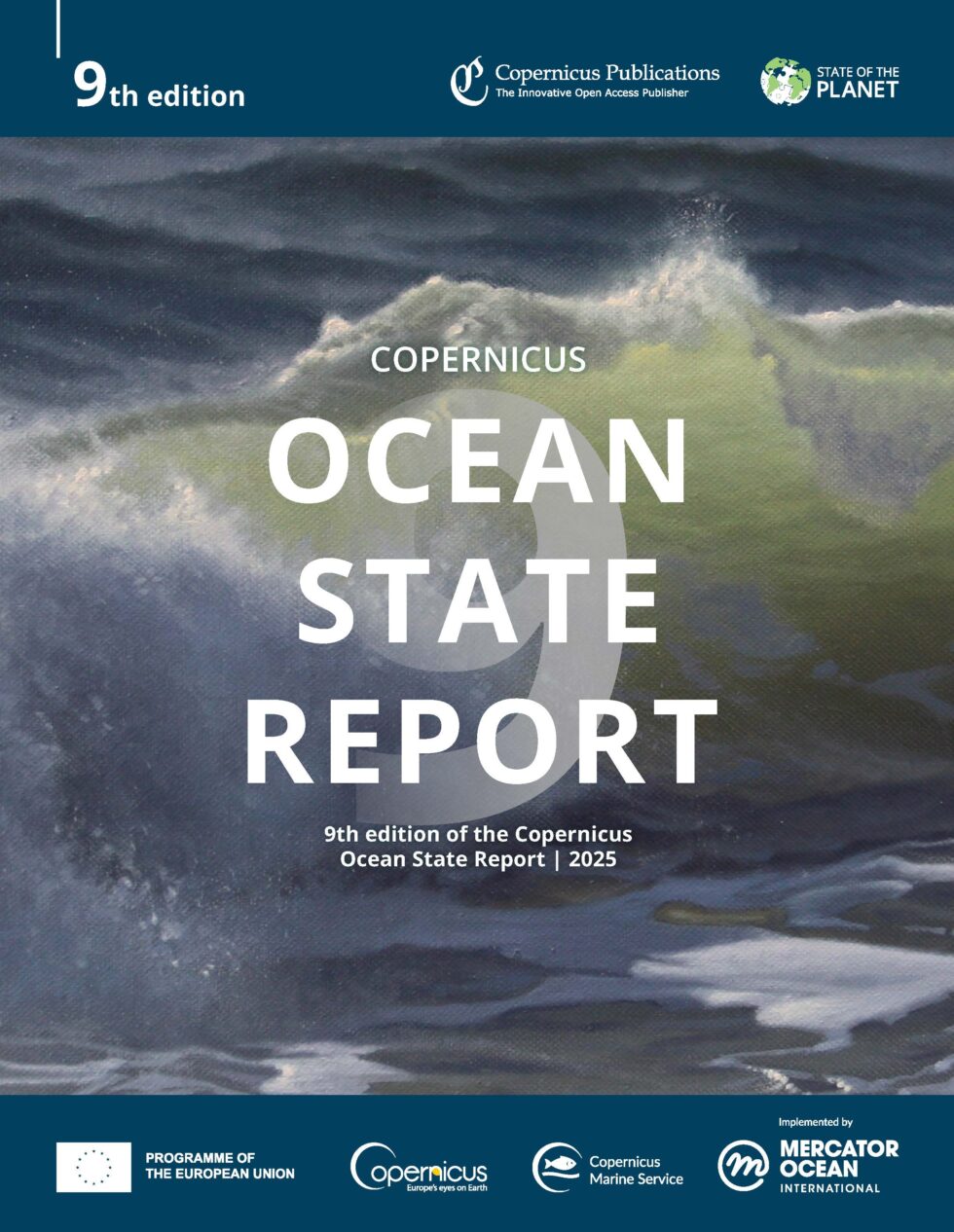
Oceans increasingly at risk
The data from the 9th edition of the EU Copernicus Ocean State Report (OSR) is far from reassuring. Compiled by the Copernicus Marine Service with the involvement of over 100 experts from Europe and around the world, OSR 9 provides information on changes and variations in the ocean over recent decades, with a focus on extreme events in 2023 and 2024. According to the report, every part of the ocean is affected by the triple planetary crisis of climate change, biodiversity loss, and pollution. The publication serves as a unique monitoring dashboard for the scientific community: using observation-based and ocean reanalysis data, the OSR offers a comprehensive four-dimensional analysis (latitude, longitude, depth, and time) of the Blue, Green, and White Oceans.
Arcadia takes shape, ISPRA’s new oceanographic vessel
With the symbolic gesture of placing coins beneath the keel – a centuries-old tradition meant to bring good fortune to the ship’s voyages – the construction of the new oceanographic vessel Arcadia began at the PIM shipyards (Piombino Industrie Marittime). The vessel is destined for the Italian Institute for Environmental Protection and Research (ISPRA). About 70 meters long and equipped with cutting-edge technology, Arcadia will serve as a scientific platform dedicated to the study and protection of the marine environment.
